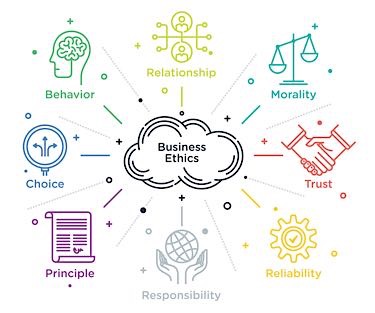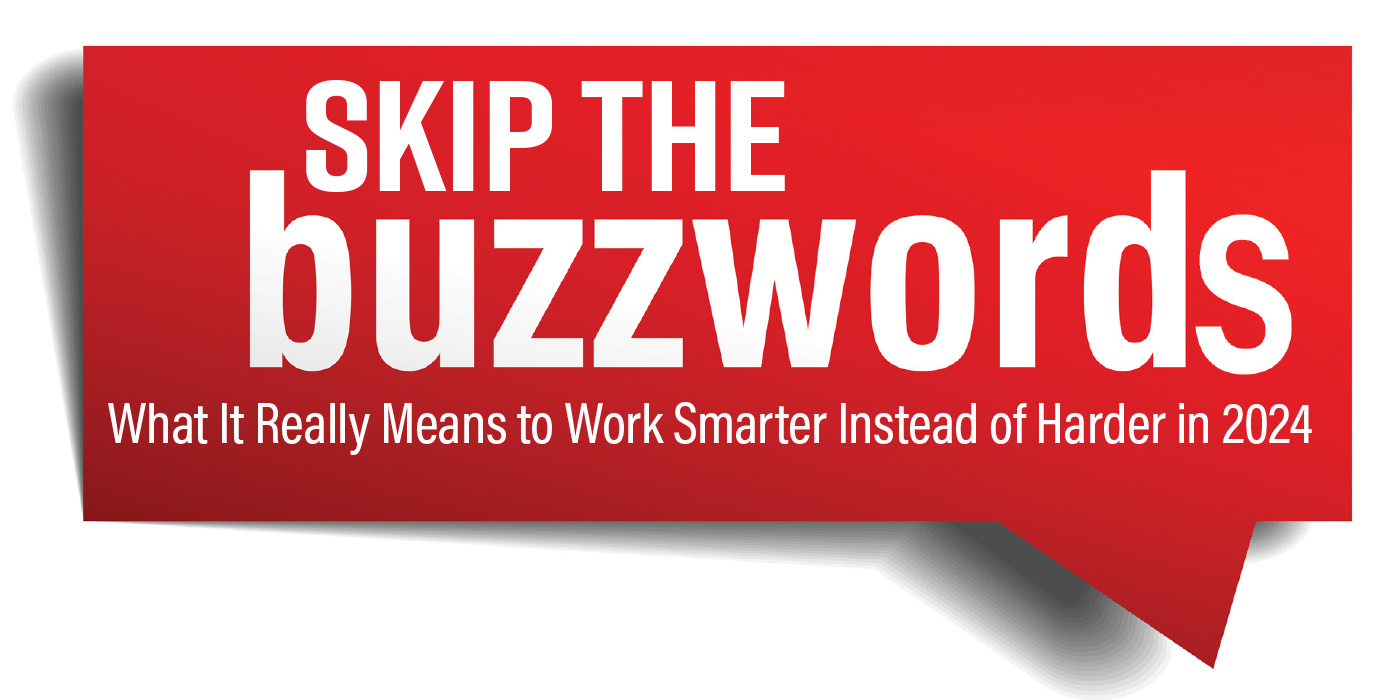 Every shop owner has a number of important responsibilities. First and foremost, they are responsible for setting the goals of their company and hiring the right people. They are also responsible for creating the overall business plan, managing employees and ensuring the success of the business.
Every shop owner has a number of important responsibilities. First and foremost, they are responsible for setting the goals of their company and hiring the right people. They are also responsible for creating the overall business plan, managing employees and ensuring the success of the business.
But there’s another major responsibility that every shop owner has that isn’t as tangible: Bringing ethics into every decision the company makes.
This best practice ethics checklist is certainly not meant to be a complete list, but I feel it may give you a good start to helping transform how you and your employees operate.
1. Setting Customer Expectations: We are the car care professionals, so at the very first point of contact, we have an ethical responsibility to set clear expectations for each and every customer. These expectations need to address the services that will be performed, the benefits of those services, the time they will take and the cost.
2. Performing Complete and Accurate Vehicle Inspections: In all cases, inspection services need to be clearly explained to the customer and completed in a professional manner that meets with industry standards. With the understanding that the customer’s safety is in our hands, we have an ethical responsibility to complete services to better protect our customers. This means inspecting all relative vehicle components, the customer’s hard copies of service receipts and any vehicle history that is stored in our customer databases. All discoveries and recommendations need to then be documented in an easy-to-understand and legible manner for the customer to review.
3. Disclosing All Discoveries: The customers who turn to us for service and repairs depend on our honesty. There is an unspoken expectation that we will disclose all of our discoveries at all times, and do so in a manner that allows our customers to feel comfortable and unpressured to authorize any additional services.
4. Selling Additional Services: As a professional, you need to ensure that every service recommendation is presented in a professional and customer-centric way that follows your company’s sales procedures. The sale should start by confirming the customer’s initial concerns and then proceed by prioritizing the additional services in a way that builds customer confidence and stimulates a conversation about the recommendations. In all cases, you need to explain the benefits of the recommended services and provide the customer with a copy of the estimate if they elect not to authorize the recommended services. As service providers, our moral compass should direct us to treat the customer as though they are family. In doing so, we need to view the sales process through the lens of helping the customer make the right decision, rather than simply looking at the dollars and cents associated with the sale.
 5. The Morality of Pricing: As business owners, we need to live by a number of rules when it comes to pricing our services. However, the most important rule is to treat people the way they should be treated. At Elite, we certainly understand that no two shops will ever be exactly alike. There are many things that need to be considered when establishing your pricing, yet one thing we tell every single coaching client is that there is always a point where pricing moves beyond generating a reasonable profit to the point of greed. One of our mantras at Elite is, “Just because you can charge more, doesn’t mean you should charge more.” Simply put, you can never put money ahead of people.
5. The Morality of Pricing: As business owners, we need to live by a number of rules when it comes to pricing our services. However, the most important rule is to treat people the way they should be treated. At Elite, we certainly understand that no two shops will ever be exactly alike. There are many things that need to be considered when establishing your pricing, yet one thing we tell every single coaching client is that there is always a point where pricing moves beyond generating a reasonable profit to the point of greed. One of our mantras at Elite is, “Just because you can charge more, doesn’t mean you should charge more.” Simply put, you can never put money ahead of people.
6. The Morality of Employee Equality: This could be an entire article subject in and of itself, so I will just give you one example of employee equality. Here at Elite, we certainly understand that most shop owners have pay plans in place that they have developed over many years. This often leads to having techs in their shops who are on different pay plans and are earning different incomes. Rather than sticking with this approach, you should have a pay plan in place that is transparent and allows every tech to see what they can earn based on their ASE certifications, productivity and the quality of their work. By taking this approach, every tech will be working off of the same pay plan matrix, and your moral compass will tell you that you’re being fair to all.
 7. General Decision-Making: Business owners are constantly making decisions throughout the day. While most are pretty routine, we inevitably run into those decisions that are a little tougher than others. In many cases, those difficult decisions involve two things: people and money.
7. General Decision-Making: Business owners are constantly making decisions throughout the day. While most are pretty routine, we inevitably run into those decisions that are a little tougher than others. In many cases, those difficult decisions involve two things: people and money.
To ensure we make the right call when faced with these difficult decisions, all that we need to do is ask ourselves, “What’s the right thing to do?” rather than, “What’s best for us?” For years here at Elite, we have used my “Grandmother Technique” whenever we are faced with these difficult decisions. We simply ask ourselves, “What would our grandmothers say?” about a certain decision we’re pondering, and by the time we are done with that exercise, we inevitably feel good about our decision because it was made based on ethics — not just dollars and cents.
8. Never Lose Faith in Ethics: By embracing the value of ethics, and consciously bringing this focus into your life, a number of things will inevitably occur. First of all, the superstars that you would like to have working with you will want to work with you. Secondly, not only will you feel good about your decisions, but the people who work with you will also feel good about them. And finally, if you never put money ahead of people by bringing ethics into your decision-making process, you will build a lasting business based on principles that have withstood the test of time.














